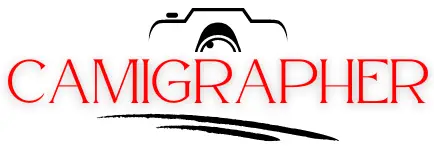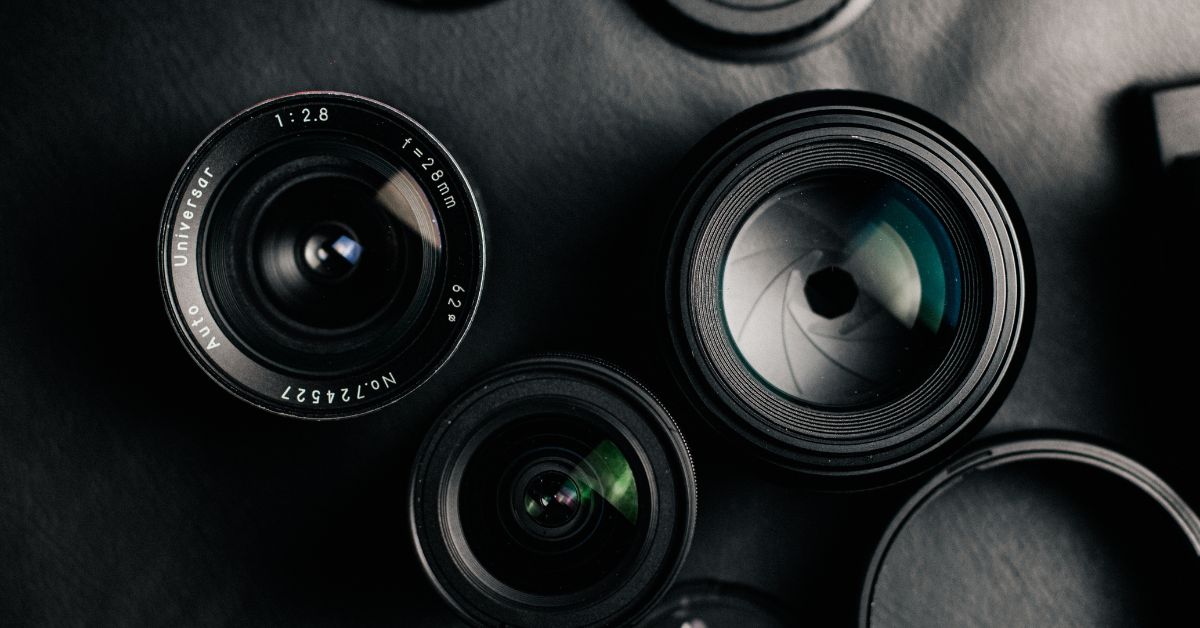Canon’s EF lens lineup has something for everyone. If you’re looking for a telephoto lens, Canon has you covered with the EF 50mm f/1.4L USM. If you’re looking for a normal lens, Canon has you covered with the EF-S 18-55mm f/3.5-5.6 IS STM. And if you’re looking for a wide-angle lens, Canon has you covered with the EF-S 10-18mm f/3.5-4.5 IS STM.
Contents
4 Best CANON Lenses
[ytvideo]
Best Lenses for Portraits
Let’s start by looking at the different types of portraits that people may want to take.
1. Family Portrait: This is probably the most common type of portrait. Someone takes a picture of their family and friends, and it becomes a cherished family heirloom. For this type of portrait, you’ll want a wide-angle lens.
2. Headshot: A headshot is the perfect type of portrait for people who are looking to make a name for themselves in the business world. A headshot is a great way to show your clients that you’re a professional and that you’re worth hiring. For this type of portrait, you’ll want a telephoto lens.
3. Wedding Portrait: A wedding portrait is a great way to immortalize an important event in a family’s life. For this type of portrait, you’ll want a lens with a long focal length. This will give you the ability to capture all of the details in the photo.
4. Baby Portrait: Baby portraits are always so adorable! For this type of portrait, you’ll want a lens with a short focal length. This will give you the ability to capture the baby’s face and body in the same shot.
Now that we’ve explained the different types of portraits, it’s time to talk about the different lenses that are best for taking those portraits.
1. Wide-angle lenses are great for family portrait and headshot photography.
Best Lenses for Low Light
There are many different types of cameras and lenses. However, one thing that all cameras have in common is that they all need light to function. This is why cameras that are used for low light photography often have lenses that are better suited for this type of photography.
The best lens for low light photography is a lens that has a wide aperture. This means that it has a large opening that lets in a lot of light. A wide aperture also lets in more of the background details and eliminates the need for a flash.
Another important factor for a lens for low light photography is the lens’ focal length. The focal length determines how close or far away the subject is from the camera. A lens with a long focal length will allow the photographer to take photos of close up objects without having to use a lot of flash.
Finally, a lens that is good for low light photography is a lens that has a fast aperture. This means that it has a small opening that lets in a lot of light. Fast apertures also reduce the amount of blur that is caused by the camera’s shutter.
Best Lenses for Action Shots
When you’re shooting action photos, you’ll want to use a lens that’s fast (meaning it can snap pictures quickly) and has a wide aperture (a large opening that allows more light in).
If you’re looking for a lens that’s both fast and wide, the Canon EF-S 18-135mm f/3.5-5.6 IS lens is the perfect choice. It’s got a max speed of 18 frames per second, a wide aperture of f/3.5-5.6, and a range of zoom capabilities that go from 18 to 135mm.
If you need a lens with a bit more range, the Canon EF-S 10-18mm f/4.5-5.6 IS II lens is a great option. It’s got a max speed of 10 frames per second, a wide aperture of f/4.5-5.6, and a range of zoom capabilities that go from 10 to 18mm.
Finally, if you’re looking for a lens that’s specifically designed for action shots, the Canon EF-S 18-55mm f/3.5-5.6 IS II lens is a great choice. It’s got a max speed of 18 frames per second, a wide aperture of f/3.5-5.6, and a range of zoom capabilities that go from 18 to 55mm.
Best Lenses for Macro Photography
When it comes to macro photography, there are a few key lens choices that can make all the difference.
First, macro lenses are designed to get close to the subject, allowing you to capture intricate details and beauty in your images.
Second, a good macro lens will have a wide aperture, meaning that it will let in more light and therefore produce images with better quality.
Finally, a good macro lens will have a long focal length, meaning that it will be able to focus very close to the subject.
So, if you’re looking to foray into macro photography, these are the lenses you’ll want to consider purchasing.
Best Lenses for Landscapes
There are a few different types of lenses that are perfect for photographing landscapes. Wide angle lenses capture a lot of the surrounding area in a photo, while telephoto lenses allow you to zoom in on a specific area. A zoom lens lets you change the focal length while you are taking the picture, so you can get closer to the subject or move away from it.
Best Lenses for Beginners
The best lenses for beginners are ones that are zoomed and have a wide-angle lens. Additionally, lenses with a low price point are usually good quality lenses. Additionally, it is important to purchase a lens that is compatible with your camera.
Conclusion
There is no definitive answer when it comes to choosing the right camera lens for your needs. Factors such as budget, intended use, and personal preferences should all be considered before making a purchase. Ultimately, the best lens for you will depend on your specific shooting needs.

